Henry Cavill is famous for his roles in Superman and The Witcher, but got his start as the first Duke of Suffolk, Charles Brandon, in Showtime’s period drama The Tudors. The series used the character of Charles Brandon to humanize the infamous Henry VIII through its portrayal of their close friendship. Charles also acted as an audience insert character, often reacting to historical events with a 21st-century understanding of morals and human rights.
As Charles’ role in Henry’s court became more complex, Cavill was able to show his range and abilities as an actor. Starting as a naive, impulsive playboy, Charles underwent a dramatic transformation through his experiences as a member of the British aristocracy. Charles became one of Henry’s top military commanders, a leader in the Privy Council, and was one of Henry’s closest allies. Unlike many of his peers, Charles was able to stay in Henry’s favor for the majority of his life, despite the king’s unpredictability and irrational nature. Through Cavill’s performance, Charles is a grounding force that provides a sense of human empathy in the otherwise cruel world of The Tudors.
Charles Is an Entertaining Rival for Fan-Favorite, Anne Boleyn
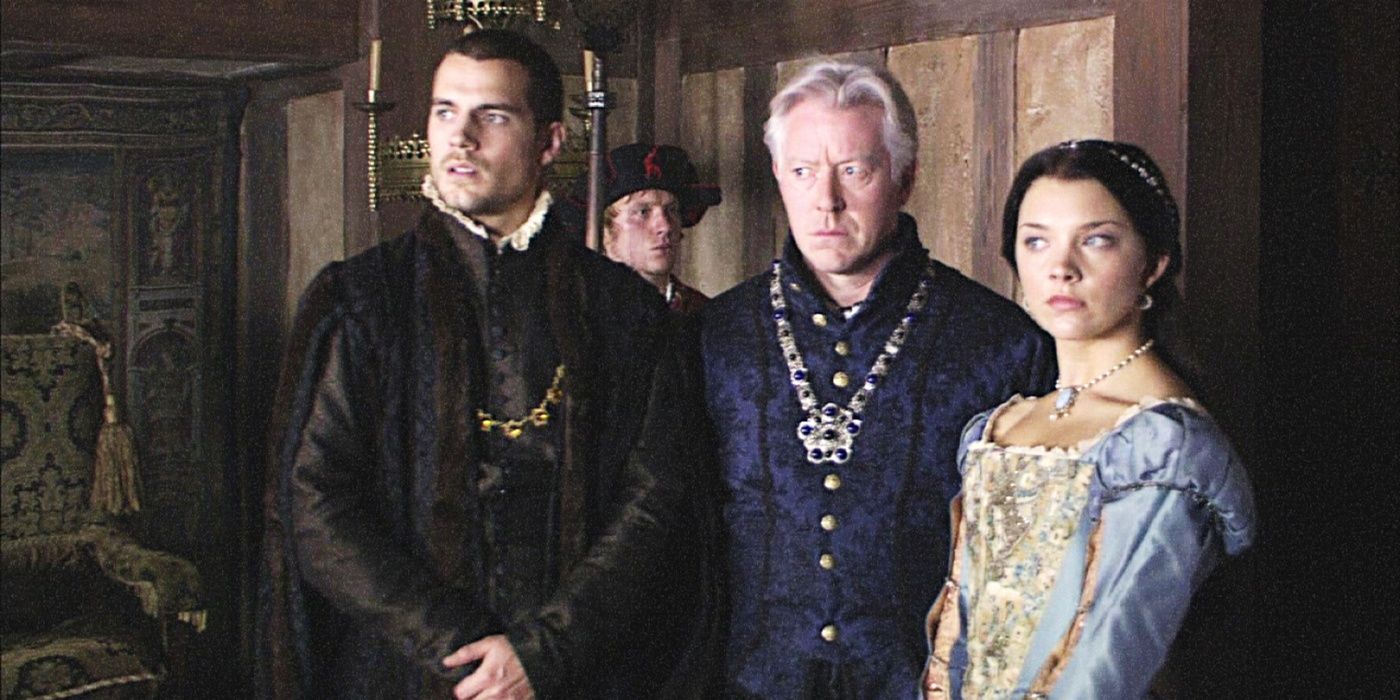
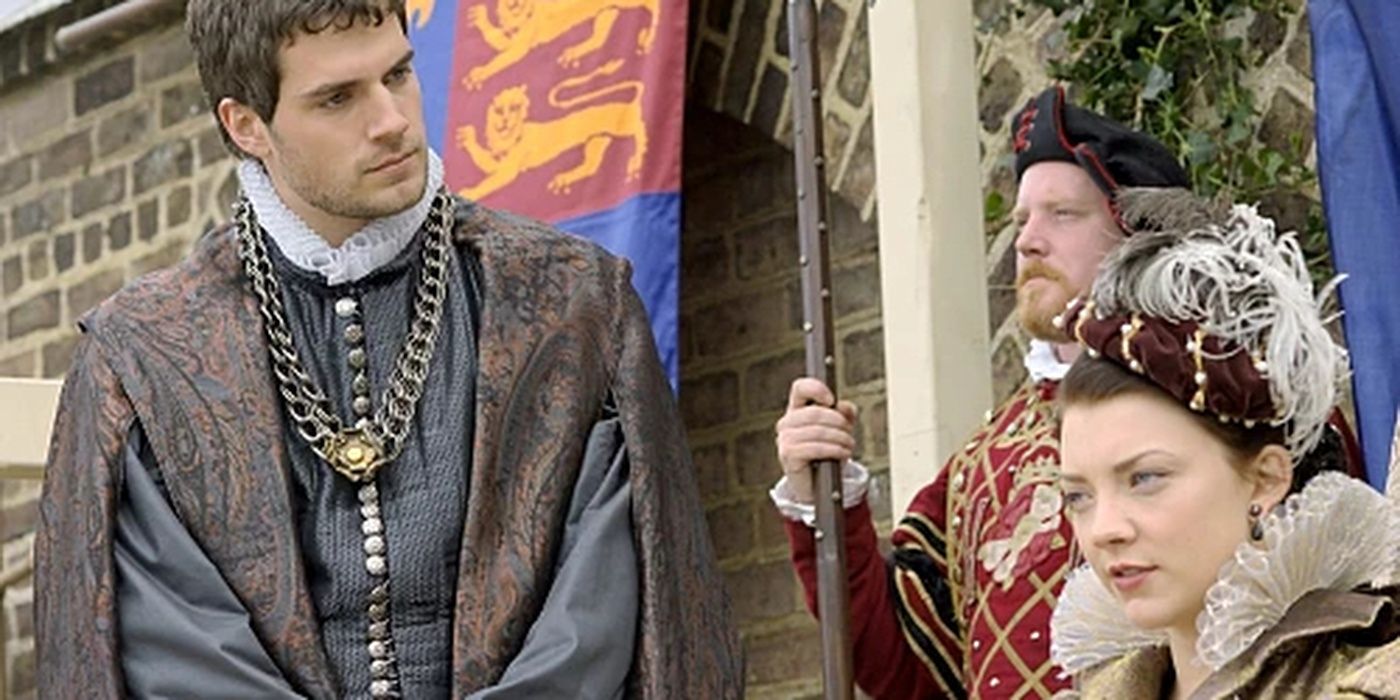
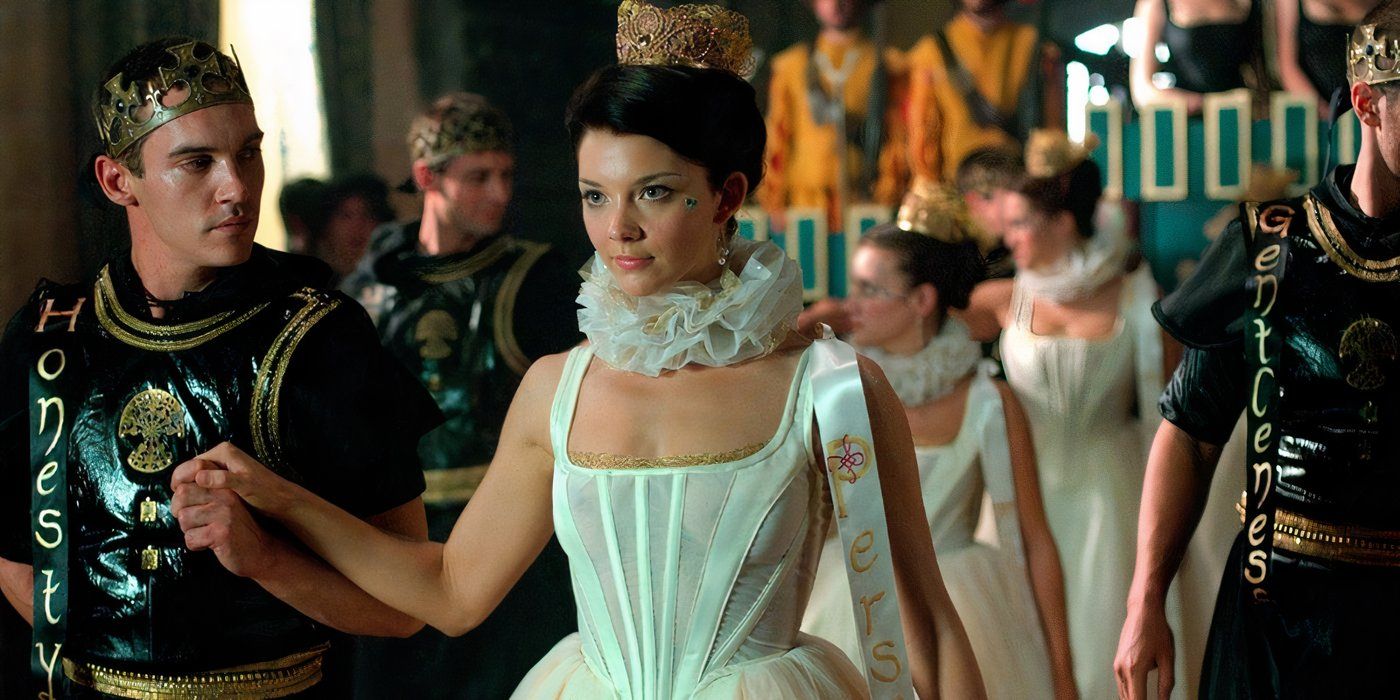
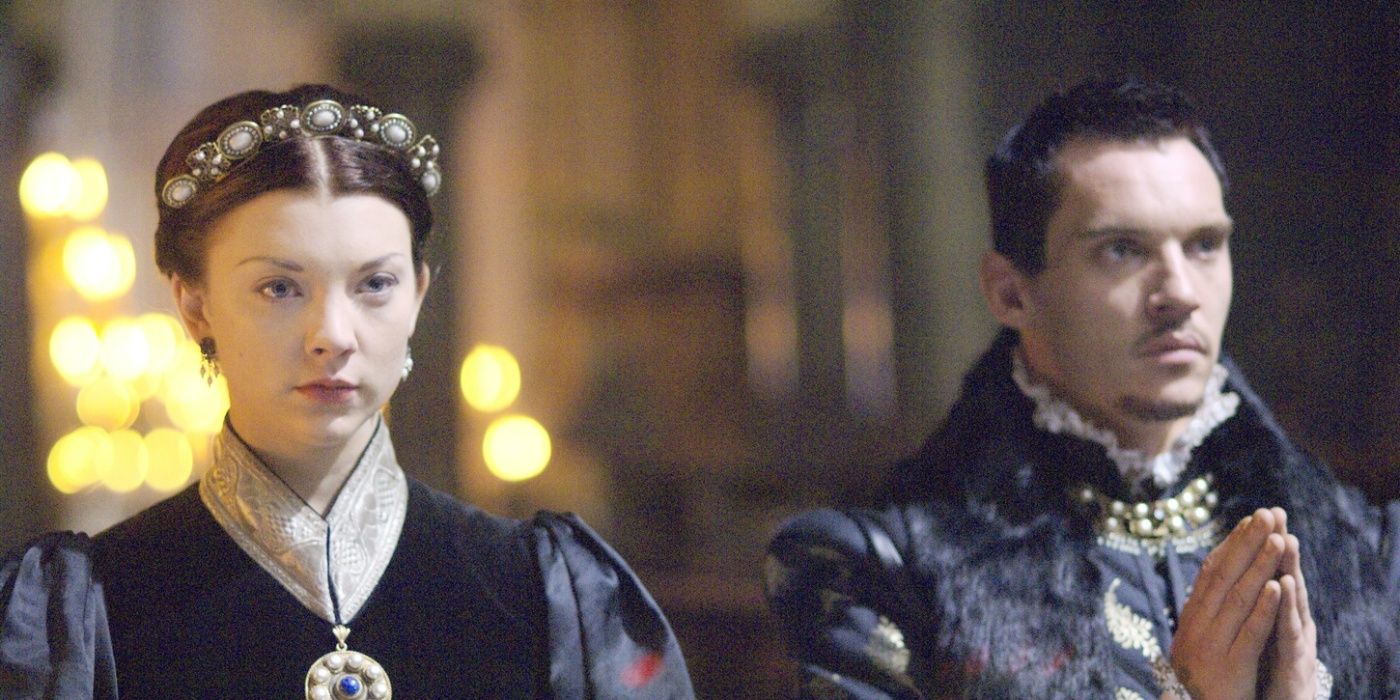




Initially an ally with the Boleyns, Charles quickly turns against Anne and plays a key role in her downfall. Concerned by the Boleyns’ growing power and Anne’s influence over Henry, Charles begins to actively oppose her. Played by Natalie Dormer, who is famous for playing Margaery Tyrell on Game of Thrones, Anne presents an interesting challenge to Charles. Charles, a womanizing playboy, is confronted with a confident, empowered woman in the form of Anne Boleyn, shaking up his relationship with Henry and his perceptions of the roles of women.
2:32
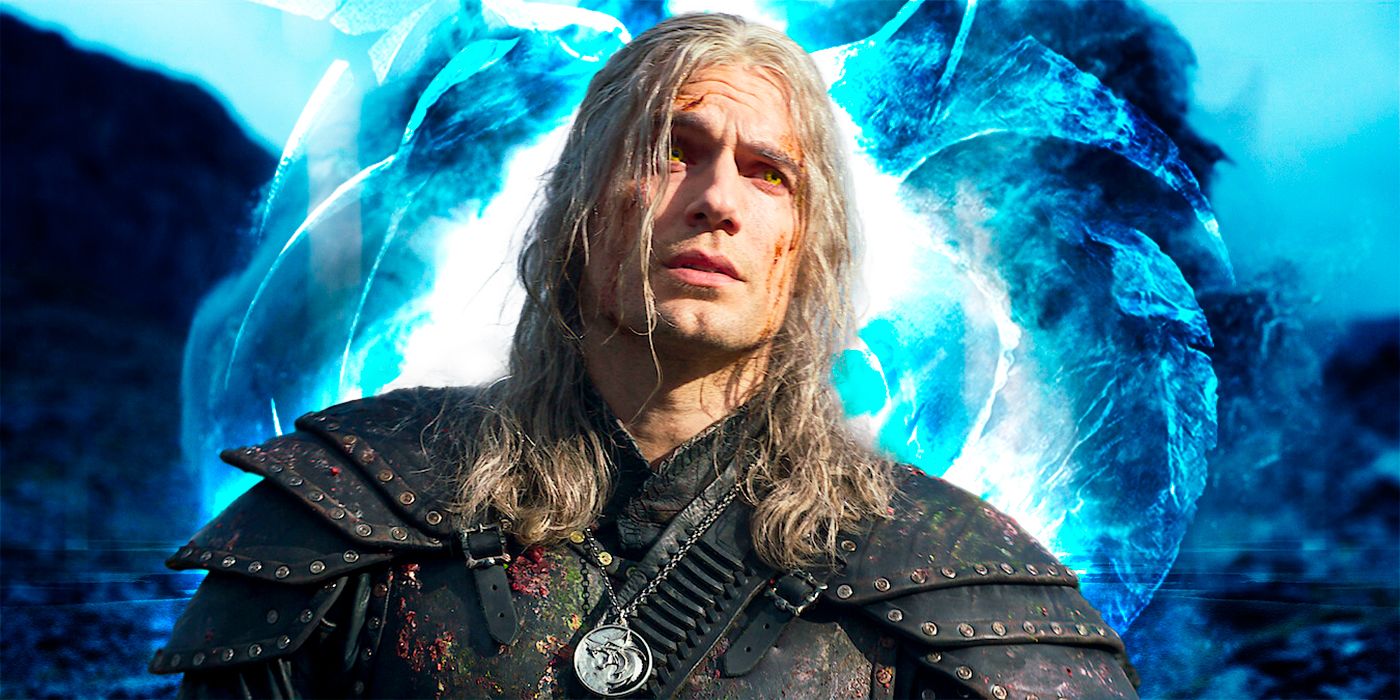
Related
Why Did Henry Cavill Leave The Witcher?
Henry Cavill stars as Geralt of Rivia in The Witcher’s first three seasons, but recent developments led to his departure from the series.
Dormer and Cavill create fantastic tension when they are together. Unable to oppose each other openly in public, they can only communicate their animosity through intense gazes and body language. When they criticize each other in private, both Dormer and Cavill deliver entertainingly catty insults towards each other. Through the downfalls of both Anne Boleyn and Catherine of Aragon, Cavill shows an excellent ability to portray sorrow and regret. The way he is able to gracefully transition from hatred to pity during Anne Boleyn’s trial and execution is memorable.
Charles Forces Henry to See Reality
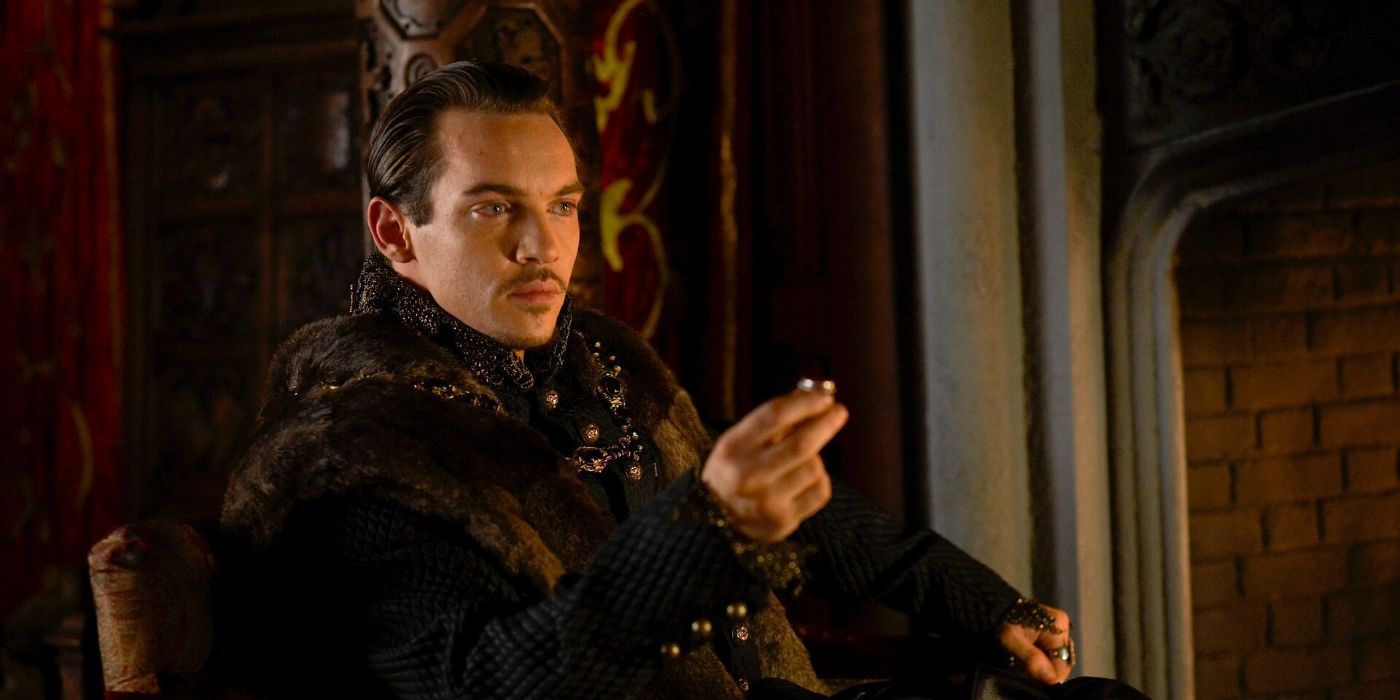
Throughout the series, Charles is Henry’s most loyal and steadfast ally in The Tudors. Despite being Henry’s most obedient follower, Charles doesn’t hesitate to speak out against Henry’s romantic whims and fantasies of grandeur. Staying in the good graces of the infamously mercurial Henry VIII is no easy task. In a scene from season 2, Henry and Charles discuss the verity of women’s virginity and Charles gives him a response grounded in reality, saying all women lie. Henry commends Charles for telling him the truth, and Charles also pushes back against Henry and Cromwell’s desire for revenge against the rebelling Northern Lords, advocating for leniency.
Charles enjoys privileges many do not and is relatively safe to speak openly with the king, but there is a menacing feeling that permeates the scenes between Charles and Henry. Cavill is at ease in his scenes with Henry VIII actor Johnathan Rhys Meyers, while emoting an underlying concern when Charles fears he’s overplayed his hand. Cavill simultaneously shows affection, while also portraying the fear of going too far. Cavill and Meyers have excellent chemistry throughout the series, making Henry and Charles’ friendship believable, and moments of betrayal more painful.
Charles Witnesses the Consequences of Royal Politics
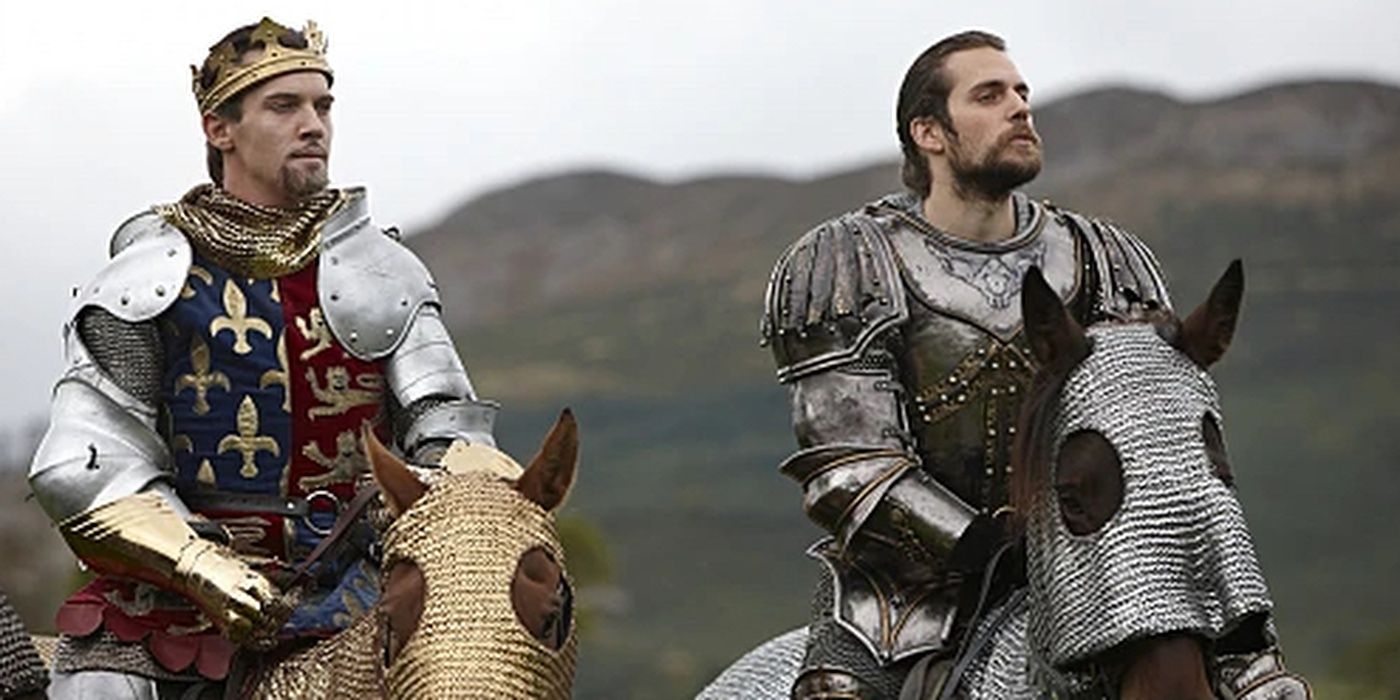
While Henry VIII and other powerful men are safely tucked away at court, where they can avoid the violence caused by their decisions, Charles is often present for the horrifying results of their actions. As Charles is preparing for a campaign to end the Northern Uprising in season 3, Charles admits to his wife “I am commanded to return north to kill hundreds of men, women, and children or lose the love of my king.” Cavill appears to ache with pain as he delivers this scene, as his voice cracks you can feel Charles’ inner turmoil as he is torn between his loyalty to Henry and his sense of morality.
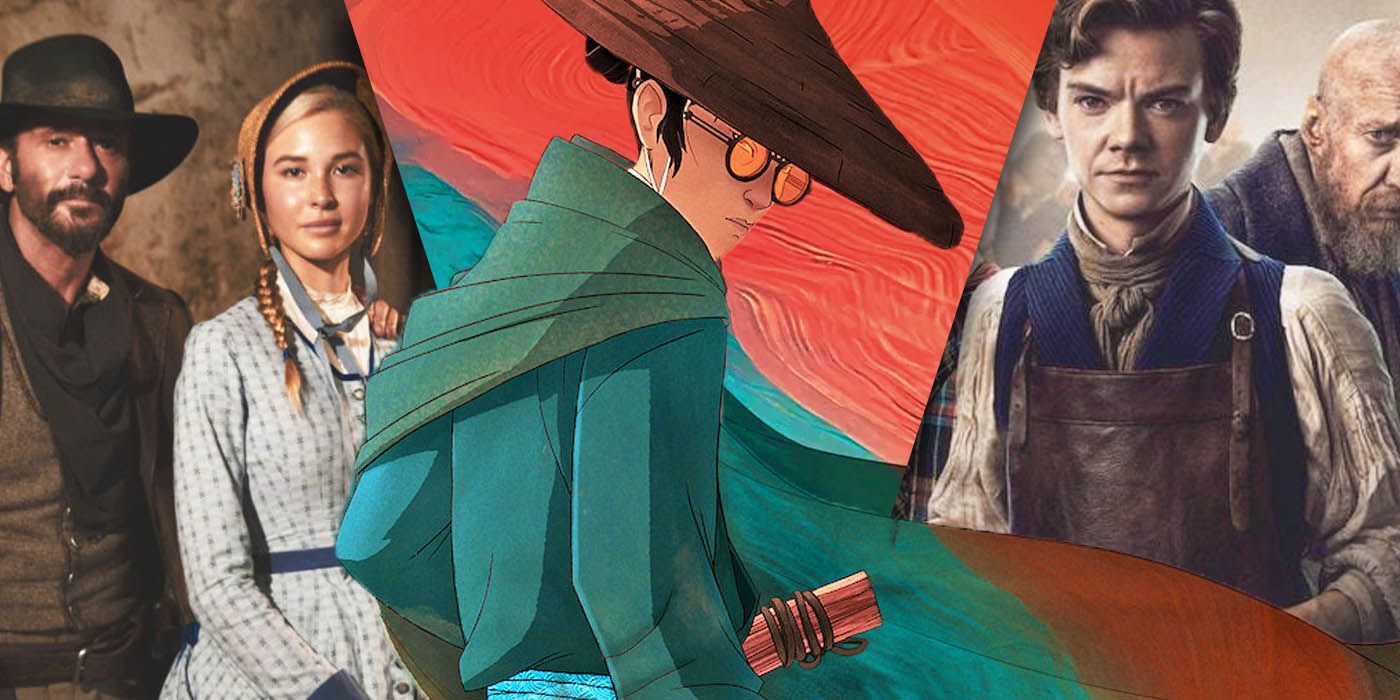
Related
10 Best Period Drama Shows of the Last 5 Years, Ranked
The 2020s have seen a variety of excellent period dramas, from Bridgerton and The Great to The Artful Dodger and 1883.
3
This scene provides a moving contrast to his scenes earlier in the season, when you can hear the hopefulness in Cavill’s voice, as he professes his belief that he will be able to resolve the conflict peacefully. After the uprising is crushed, there is a chilling scene where thousands of men, women, and children are hung, and Charles’s gaze lingers on the body of a young boy. Cavill portrays a deep sense of regret and horror. Charles is haunted, in some cases literally, by the violent results of Henry’s egotism, and Cavill’s performance as a traumatized Charles emphasizes the cruelty of Henry VIII’s reign.
Charles Grew Into the Power He Was Privileged With
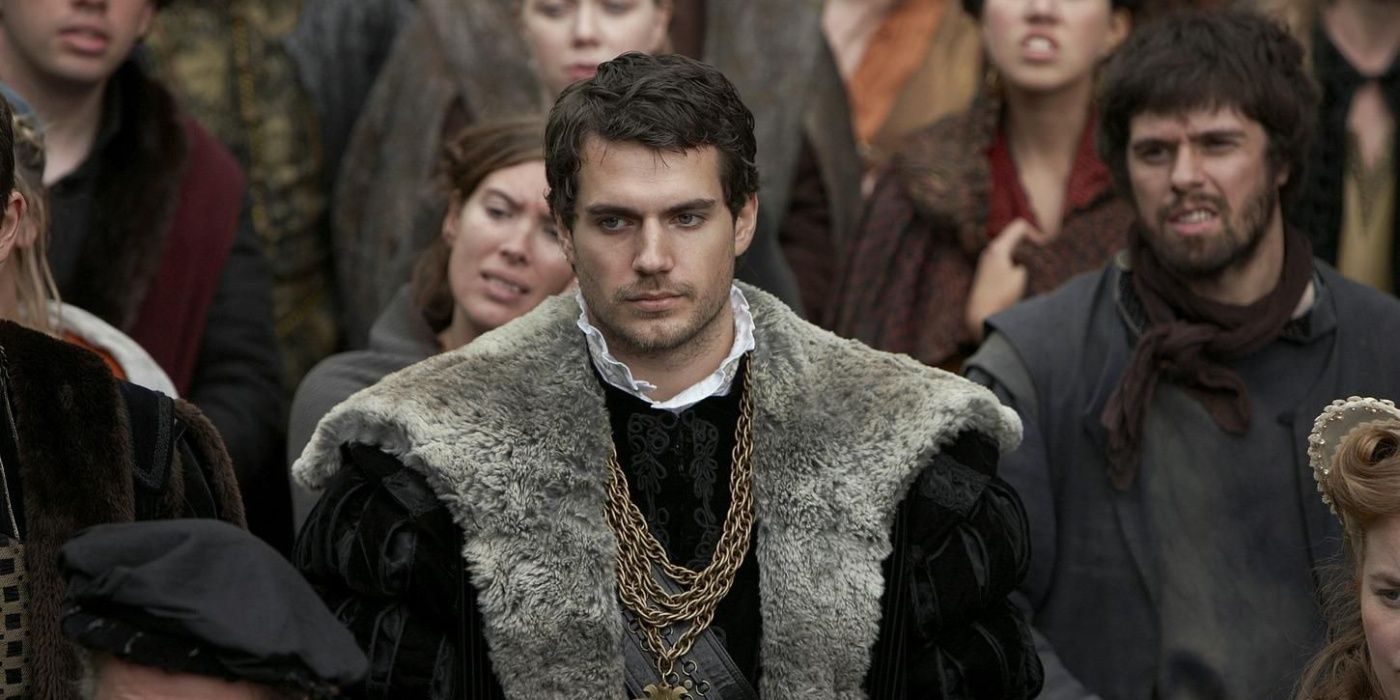
Charles Brandon begins as the Tudor-era version of a frat boy, enjoying the privileges of his station with no interest in national affairs or the welfare of other people. As a man of low birth, raised to higher status simply due to his friendship with Henry, Charles has little experience with politics or governance. Cavill’s performance in the early seasons of The Tudors shows Charles’ naivety and selfishness, through an overly confident swagger and sudden bursts of violence. Able to indulge in every impulse and whim, Charles very much enjoys the benefits of an aristocratic life. However, Charles is never fully able to escape his humble roots. His enemies at court never fail to remind him of his lower social class, calling him by his lowborn name, Brandon, as an insult. This constant reminder that he doesn’t belong in the world of wealth and power helps to keep his ego in check and gives him the drive to prove himself as a leader.
Charles matures with age as he witnesses the king and other politicians’ callous actions. Witnessing Henry’s mistreatment of women like Catherine of Argon and Anne Boleyn reveals to him the gender inequality of Tudor society. The role he played in violently crushing the Northern Uprising, leads to his disillusion with the image of Henry as just a ruler. Unlike Henry and other ambitious characters in the series, Charles became a wiser and more stoic leader with each experience. Cavill expertly portrays this transformation into a mature character. In a scene from season 3, Charles tells the doomed Cromwell “traitors do not sit there,” and has him dragged out of the Privy Council meeting. Cavill’s commanding presence as he stares down Cromwell portrays Charles’ competence as an experienced leader. Initially avoiding politics, Charles began to play an active part in attempting to repair the damage of past mistakes, learning he can’t sit on the sidelines.
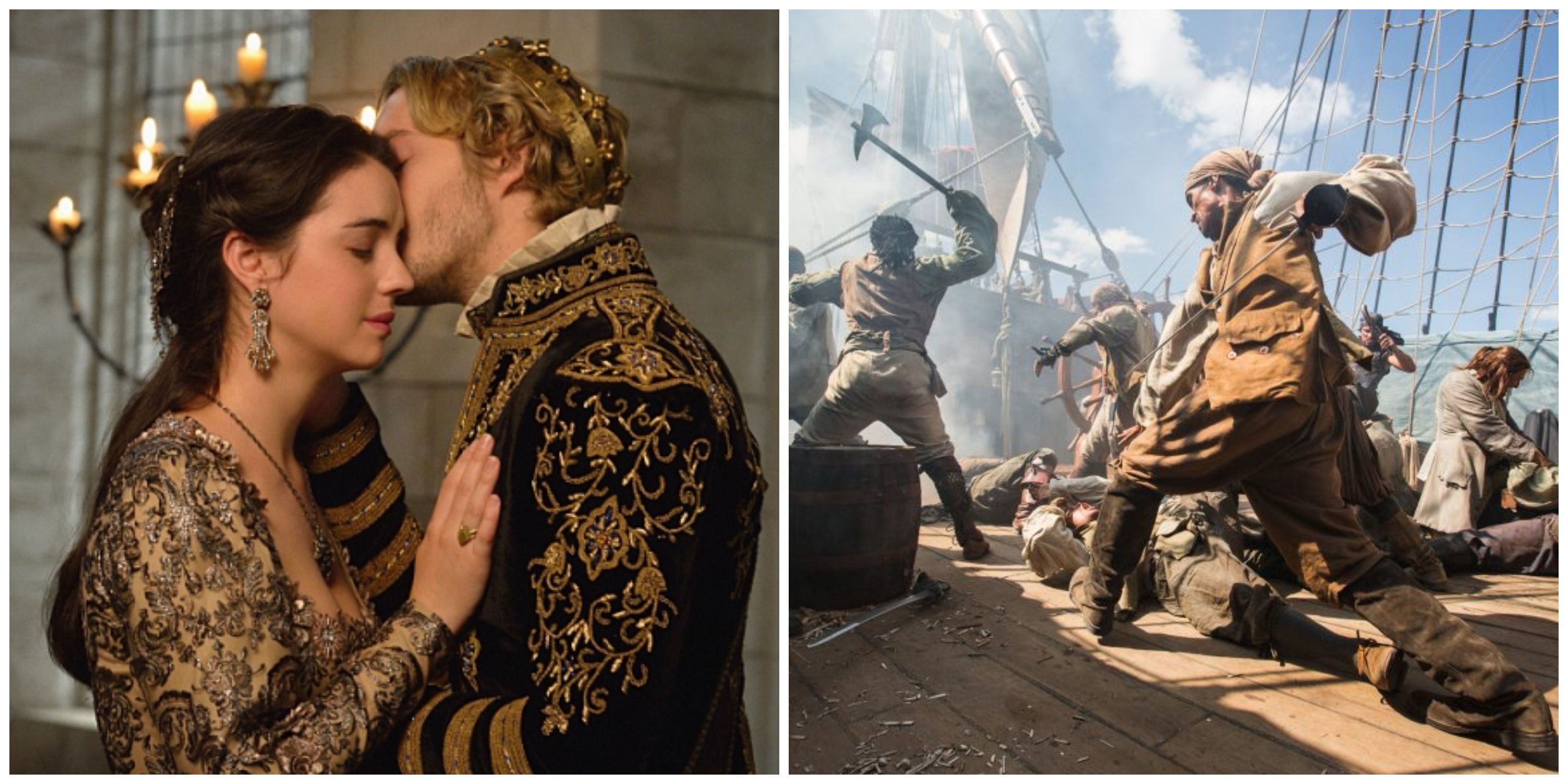
Related
Though some series have popularized period dramas, other shows, from Black Sails to Frontier, were exciting and unique additions to the genre.
Cavill’s work on The Tudors made him the perfect candidate for his future roles on other historically-inspired dramas like The Witcher and Enola Holmes. In each of these performances, Cavill shows an impressive range and ability to make audiences empathize with people of the past. The years of experience Cavill will bring to the upcoming Highlander film will no doubt strengthen the project and help the reboot stand toe to toe with the original.
As Charles Brandon navigated political intrigue and romantic entanglements, Henry Cavill proved himself as an actor. By creating a relatable and grounded character in a world of monarchs mad with power, Cavill stood out with one of the most memorable performances in the series. Charles is the only character, other than Henry, who appears in every episode of the series. Unlike most of his peers who suffered violent fates, Charles dies peacefully in his sleep. Henry’s only life-long companion, Charles provides an image of what Henry could have been if the king had been less eccentric.





